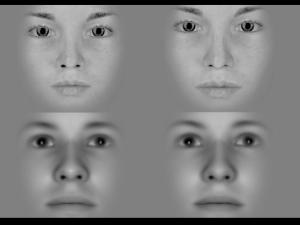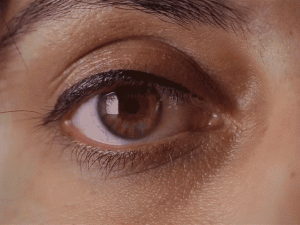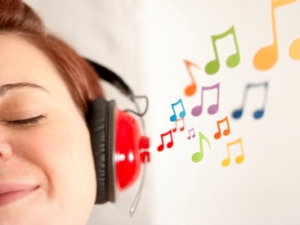

Research Bio
David Whitney is a psychologist whose research focuses on visual perception, motion processing, and conscious awareness. He studies how the brain integrates visual information over space and time to create stable perception despite eye movements and distractions. Whitney’s work uses psychophysics, neuroimaging, and computational modeling to explain how attention and context shape what we see. His research contributes to understanding visual stability, crowding, and human awareness.
He is Professor of Psychology and Vision Science at UC Berkeley and Faculty Member of the Helen Wills Neuroscience Institute. At Berkeley, he mentors students in perception, cognition, and neuroscience research.
Research Expertise and Interest
cognitive neuroscience, cognition, attention, visual perception, vision, visually guided action, human factors
In the News
New Berkeley Study Examines How We Analyze Rooms
Like Our Social Media Feeds, Our Brains Take a Little While to Update
Face it. Our faces don’t always reveal our true emotions
Why the lights don’t dim when we blink
Scientists pinpoint how we miss subtle visual changes, and why it keeps us sane
Vision scientists at UC Berkeley and MIT have discovered an upside to the brain mechanism that can blind us to subtle visual changes in the movies and in the real world.
‘Nuff said: Humans get the gist of complex sounds
New research by neuroscientists at UC Berkeley, suggests that the human brain is not detail-oriented, but opts for the big picture when it comes to hearing.






